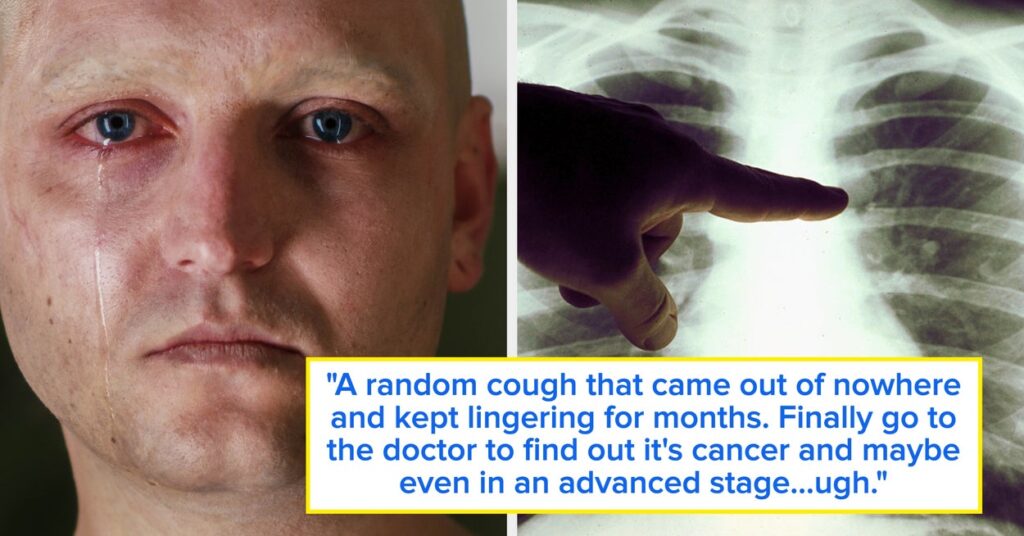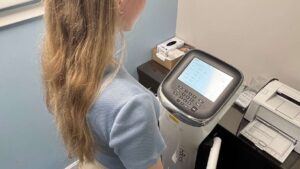
In the realm of health, early detection of cancer can be a decisive factor in treatment success. However, many individuals overlook symptoms that could signal the onset of this serious illness. A poignant story shared by a woman about her mother’s overlooked symptom underscores the critical importance of paying attention to our bodies.
The woman recounted how her mother had a persistent sore under her armpit that failed to heal. It wasn’t until her mother was hospitalized and diagnosed with stage 4 cancer that the family realized the gravity of the situation. The sore, which had been present for over a year, was a symptom that, if addressed earlier, might have altered the course of her illness.
The Importance of Early Detection
Early detection of cancer significantly increases the chances of successful treatment. According to the American Cancer Society, recognizing symptoms early can lead to earlier diagnosis and better outcomes. The case of the woman’s mother is a stark reminder of how seemingly minor health issues can sometimes be indicative of more serious conditions.
Dr. Emily Carter, an oncologist at the National Cancer Institute, emphasizes the importance of vigilance. “Many people dismiss early symptoms as minor inconveniences,” she explains. “However, persistent symptoms should always be evaluated by a healthcare professional.”
Common Overlooked Symptoms
There are several symptoms that individuals often disregard, which could potentially be early signs of cancer. These include:
- Persistent sores or ulcers that do not heal
- Unexplained weight loss
- Chronic fatigue
- Changes in bowel or bladder habits
- Unusual bleeding or discharge
Dr. Carter advises that any persistent symptom, especially those that last more than a few weeks, should prompt a medical consultation. “Early intervention can make a significant difference,” she notes.
Historical Context and Modern Challenges
The challenge of recognizing early cancer symptoms is not new. Historically, cancer was often diagnosed only at advanced stages due to a lack of awareness and medical resources. Today, despite advances in medical technology and public awareness campaigns, many people still fail to recognize the significance of early symptoms.
According to a study published in the Journal of Medical Screening, up to 40% of cancers are diagnosed at a late stage, often because early symptoms were ignored or misinterpreted. This statistic highlights the ongoing need for education and awareness.
“Up to 40% of cancers are diagnosed at a late stage, often because early symptoms were ignored or misinterpreted.” – Journal of Medical Screening
Moving Forward: Raising Awareness and Education
Efforts to improve early detection of cancer focus on both public education and advances in screening technologies. Health organizations worldwide are working to increase awareness about the importance of recognizing early symptoms and seeking timely medical advice.
Dr. Carter suggests that community health programs and regular health check-ups can play a crucial role in early detection. “We need to break the stigma around discussing symptoms and encourage proactive health management,” she says.
For individuals, the key takeaway is to listen to their bodies and seek medical advice when something feels off. As the story of the woman’s mother illustrates, early action can potentially change outcomes and save lives.
The journey to better cancer outcomes begins with awareness and education. By understanding the importance of early detection and recognizing the signs, we can take proactive steps toward health and longevity.





